Solar energy seduces Gabon
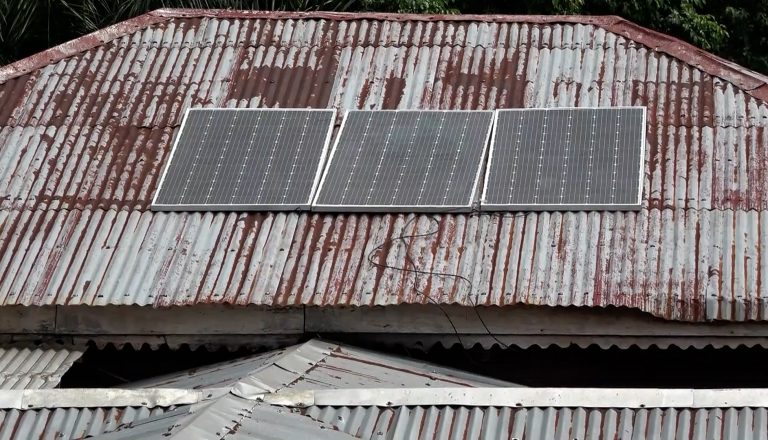
Confronted with growing energy demand, Gabon is turning to solar panels. The country's thermal power plants no longer produce enough and must find sustainable alternatives to meet the population's needs.

Confronted with growing energy demand, Gabon is turning to solar panels. The country's thermal power plants no longer produce enough and must find sustainable alternatives to meet the population's needs.
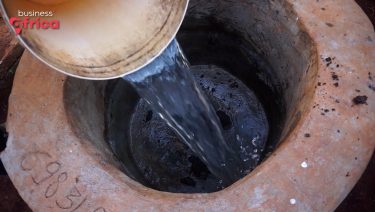
Young Cameroonian engineers are harnessing biogas technology to recycle waste and provide clean cooking solutions. This promising innovation paves the way for a sustainable energy future in Africa. Journalist: Maxime Farrel Bounya
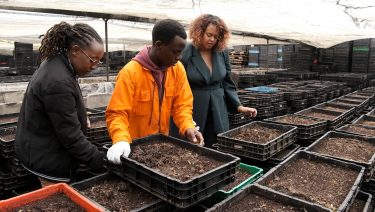
In Nairobi’s Mukuru area, black soldier flies are transforming organic waste into sustainable animal feed, offering a powerful solution to urban waste issues. Discover how these insects are making a big impact on Kenya’s environment. Journalist: Jefferson Kahinju
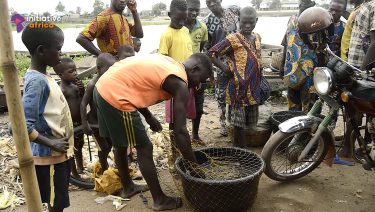
In the Agonvè Island, near Cotonou in Benin, the inhabitants have taken an innovative approach to the integrated management of water resources. Discover the original practices and strategies put in place by this community to preserve and sustainably exploit their precious water resources.
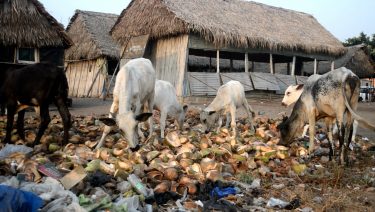
FANCOCO is a startup created by Cherif Dine Akedjou in 2015 in Benin. It was in 2019 that this entrepreneur decided to transform coconut waste into a multitude of aesthetic and functional objects. It didn't take long for the concept to catch on, and today he is proving himself to be a pioneer in this field.
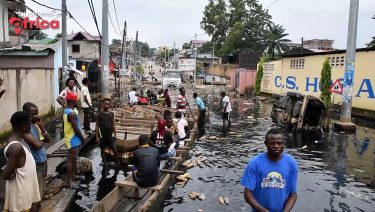
Submerged markets, homes and tourist sites partially washed away, traffic made impossible: Kinshasa, the capital of the Democratic Republic of Congo, is struggling to recover from catastrophic floods. Climate disruption, the lack of functioning waste pipes and the absence of an alert system are all factors which have contributed to increasing the toll.
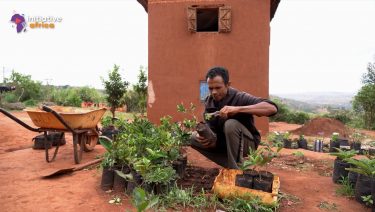
🇲🇬 In central Madagascar, in the Itasy region, the tapia trees of the highlands are being felled on a massive scale for firewood and charcoal production. This deforestation is harmful to these thick-barked trees, which are found only in Madagascar and provide a habitat for the landibe, a wild silkworm. If well preserved, the Tapia forest can benefit the local economy. Working with local associations, NGOs are trying to encourage better management to preserve this natural habitat. This participative approach, in coordination with the local community, is leading not only to the conservation of biodiversity but also to an improvement in the quality of life of local residents through the revival of the silk industry.
Don't miss our publications, subscribe to our newsletter!